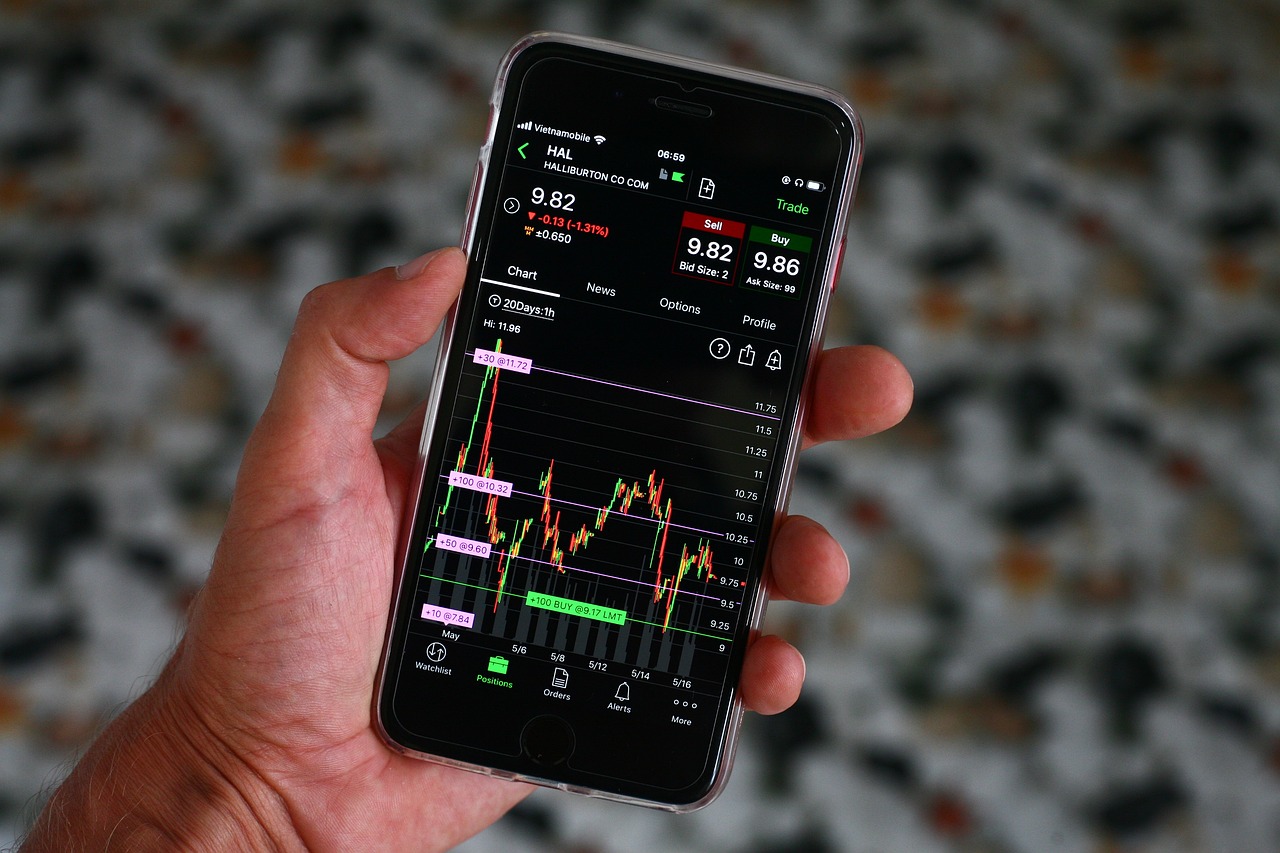Exploring the Intersection of AI and Renewable Energy
Artificial intelligence (AI) is revolutionizing the renewable energy sector by providing advanced tools for optimizing energy generation. Through AI algorithms, renewable energy sources such as solar and wind power can be efficiently managed to enhance their output and reliability. Machine learning models can analyze data in real-time, predict fluctuations in energy supply, and optimize the performance of renewable energy systems to meet the demands of the grid.
One of the key advantages of AI in optimizing renewable energy generation is its ability to autonomously adjust energy production based on various factors such as weather patterns, grid demand, and energy storage capacity. By leveraging AI technology, renewable energy operators can make informed decisions to maximize energy output while minimizing costs and environmental impact. The integration of AI in renewable energy generation not only boosts efficiency but also contributes to the widespread adoption of sustainable energy sources.
The Role of Machine Learning in Predicting Energy Demand
Machine learning is transforming the way we predict energy demand by utilizing vast amounts of historical data to forecast future requirements. By analyzing patterns and trends, machine learning algorithms can accurately anticipate peaks and fluctuations in energy consumption, enabling utility providers to optimize their operations and resource allocation.
One of the key advantages of machine learning in energy demand prediction is its ability to adapt and learn from new data in real-time. This dynamic approach allows for more precise forecasting models that can respond quickly to changing conditions, such as sudden changes in weather patterns or shifts in consumer behavior. As a result, energy providers can better anticipate demand spikes and ensure a more efficient and sustainable distribution of energy resources.
Utilizing AI to Improve Energy Storage Solutions for Renewables
Artificial intelligence (AI) advancements have sparked great interest in the renewable energy sector, particularly in optimizing energy storage solutions. AI’s ability to analyze vast amounts of data and identify patterns has proven invaluable in improving the efficiency and performance of energy storage systems for renewables. By utilizing AI algorithms, renewable energy sources such as solar and wind power can be better integrated into the grid, ultimately leading to a more reliable and sustainable energy supply.
One key application of AI in enhancing energy storage solutions for renewables is in predictive maintenance. Through machine learning algorithms, AI can forecast potential issues or failures in energy storage systems, allowing for proactive maintenance and minimizing downtime. This not only increases the overall lifespan of the storage units but also helps in reducing operational costs and improving the overall performance of renewable energy systems.
How can AI help optimize renewable energy generation?
AI can analyze data from various sources to predict energy demand and adjust generation accordingly, maximizing the efficiency of renewable energy sources.
What role does machine learning play in predicting energy demand?
Machine learning algorithms can analyze historical data, weather patterns, and other factors to accurately predict energy demand, helping to optimize energy storage solutions for renewables.
How can AI improve energy storage solutions for renewables?
AI can help optimize the charging and discharging of energy storage systems based on real-time data, ensuring that renewable energy is stored and utilized efficiently.
Can AI help in reducing energy waste in renewable energy systems?
Yes, AI can help in reducing energy waste by optimizing energy storage and distribution, ensuring that renewable energy sources are utilized to their full potential.
Are there any real-world examples of AI improving energy storage solutions for renewables?
Yes, there are several examples of AI being used to optimize energy storage solutions in renewable energy systems, such as the use of AI-powered algorithms to predict energy demand and adjust energy storage accordingly.






